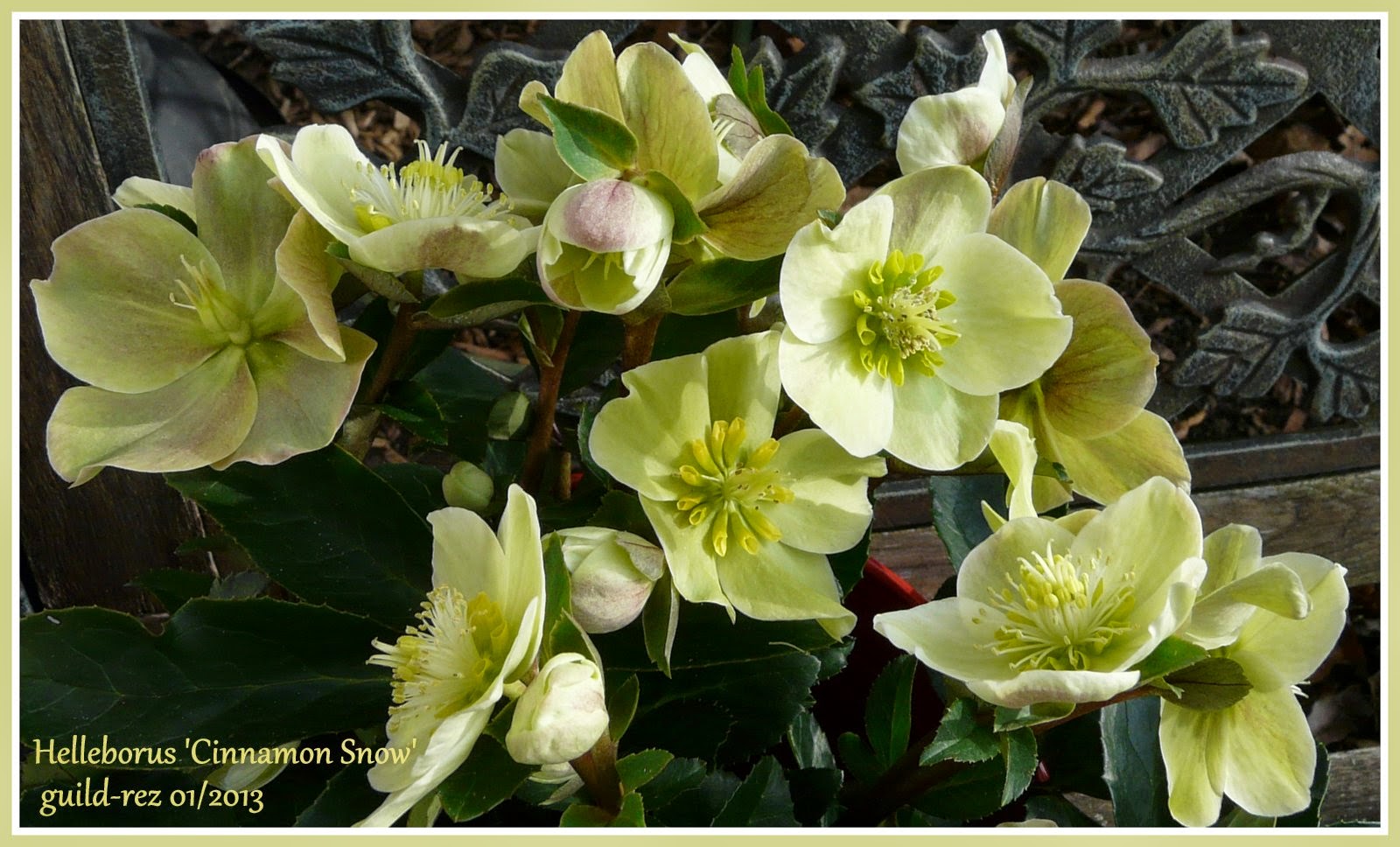Welcome back, pixies! Today we're going to be talking about one of my favorite spices: Cinnamon!
The word cinnamon, the genus name, probably came from either the Arabic or the Hebrew language, but the species name cassia is from the Greek kassia, meaning "to strip off the bark". Its use in Chinese medicine goes back to at least 2700 B.C.E. where it is referred to in several herbal formulas. It is, however, primarily known for the familiar flavor it imparts to any dish that it comes in contact with.
Cinnamon is a small Asian evergreen tree 10-15 meters tall, belonging to the family Lauraceae, native to Sri Lanka and Southern India. It has brown papery bark and the leaves are leathery, ovate-oblong in shape, 7-18 cm long. The flowers have a greenish color and a rather disagreeable odor and appear in the Summer followed by a purple 1 cm berry containing a single seed. The best Cinnamon is grown is Sri Lanka.
Cinnamon is harvested by growing the tree for 2 years and then chopping it down. The next year a dozen or so shoots will form from the roots. These shoots are then stripped of their bark and left to dry. Only the thin (0.5 mm) inner bark is used; the outer woody portion is removed, leaving meter long cinnamon strips which curl into rolls on drying; each dried quill comprises strips from numerous shoots packed together. These quills are then cut to 5-10 cm long pieces for sale.
Its flavor is due to an aromatic oil which it contains to the extent of from 0.5 to 1%. This essential oil is prepared by roughly pounding the bark, macerating it in sea-water and then quickly distilling the whole.The pungent taste and scent come from cinnamic aldehyde or cinnamaldehyde and, by the absorption of oxygen as it ages, it darkens in color and develops resinous compounds. Commonly used as a spice.
Ground cinnamon sprinkled in cabinets will discourage bugs from entering.
Magickal Uses
Cinnamon is commonly used in incense. It smells wonderful and fills the room with a warm, comfy feeling, and is especially nice on cold winter days. It can be burned to sanctify an area or object, to increase the spiritual mood, to aid in healing spells or in healing in general (this is appropriate for burning in the sick room) and also to enhance the male libido. The oil may be used to anoint objects during blessing and protection rituals. (Be sure to dilute this heavily with a carrier if it's going to touch your skin!)
Cinnamon and cinnamon oil can be used in love spells and to make charms to draw love, happiness, and money. Those cinnamon scented brooms you can buy at gift shops can be charged to bring these things to your household and hung up somewhere near the door.
Because of its hot, fiery nature, cinnamon is a natural ally for love and sex magic. Try turning up the heat in your love life by grinding cinnamon sticks into a chunky powder and burning the powder as incense along with equal parts of red sandalwood and myrrh. Or simply place a stick of cinnamon under your lover’s pillow and see what happens.
If you are in need of some quick cash, make a bowl out of cinnamon clay, write the amount of money you need on a piece of paper and place it in the bowl with a few coins as offerings of good faith. when you get the money, bury the paper and the coins in the yard and your bowl is ready for your next money request.
Other herbs that enhance cinnamon's money drawing properties are cloves, cardamom, nutmeg and ginger.
Medical Uses
Cinnamon is great for upset stomachs (including car sickness and morning sickness) and digestive problems (gas, vomiting and diarrhea... All that yuck stuff!). However, women who are pregnant should not ingest large amounts of cinnamon as it can endanger the pregnancy. I find cinnamon gum or to be very effective for morning sickness without the dangers of actually ingesting cinnamon tea. People with ulcers should also avoid ingesting cinnamon as it can irritate them. Again, chewing cinnamon gum occasionally is a reasonable alternative and effective against mild stomach upsets like that associated with motion sickness. Don't overdo it though, as over-chewing of cinnamon gum can deaden the nerves of the mouth and cause inflammation.
It is called for in teas and other healing beverages when a warming affect is desired. It is also useful in combination as it stimulates the action of other herbs. A cup of cinnamon tea after dinner is said to stimulate digestion and help regulate blood sugar. Cinnamon tea, especially when sweetened with honey is said to cure all manner of ills, from aging to arthritis to high cholesterol and obesity.
Cinnamon contains vitamin K, calcium and magnesium and is loaded with manganese.
Cinnamon should not be applied topically as it is considered a dermal toxin and it is extremely irritating to mucus membranes in particular. Cinnamon oil, however, (not essential oil) can be applied to a toothache to deaden the pain, much like clove oil, but it is not as effective as clove oil.
Disclaimer: This is for entertainment and educational purposes only. This information has not been evaluated by the Food and Drug Administration. This information is not intended to diagnose, treat, cure, or prevent any disease.
Correspondences
Element(s): Fire; Air
Planet(s): Sun; Mars; Uranus
Gender: Masculine
I hope you guys enjoyed! Blessed Be!
~Mopsy






No comments:
Post a Comment